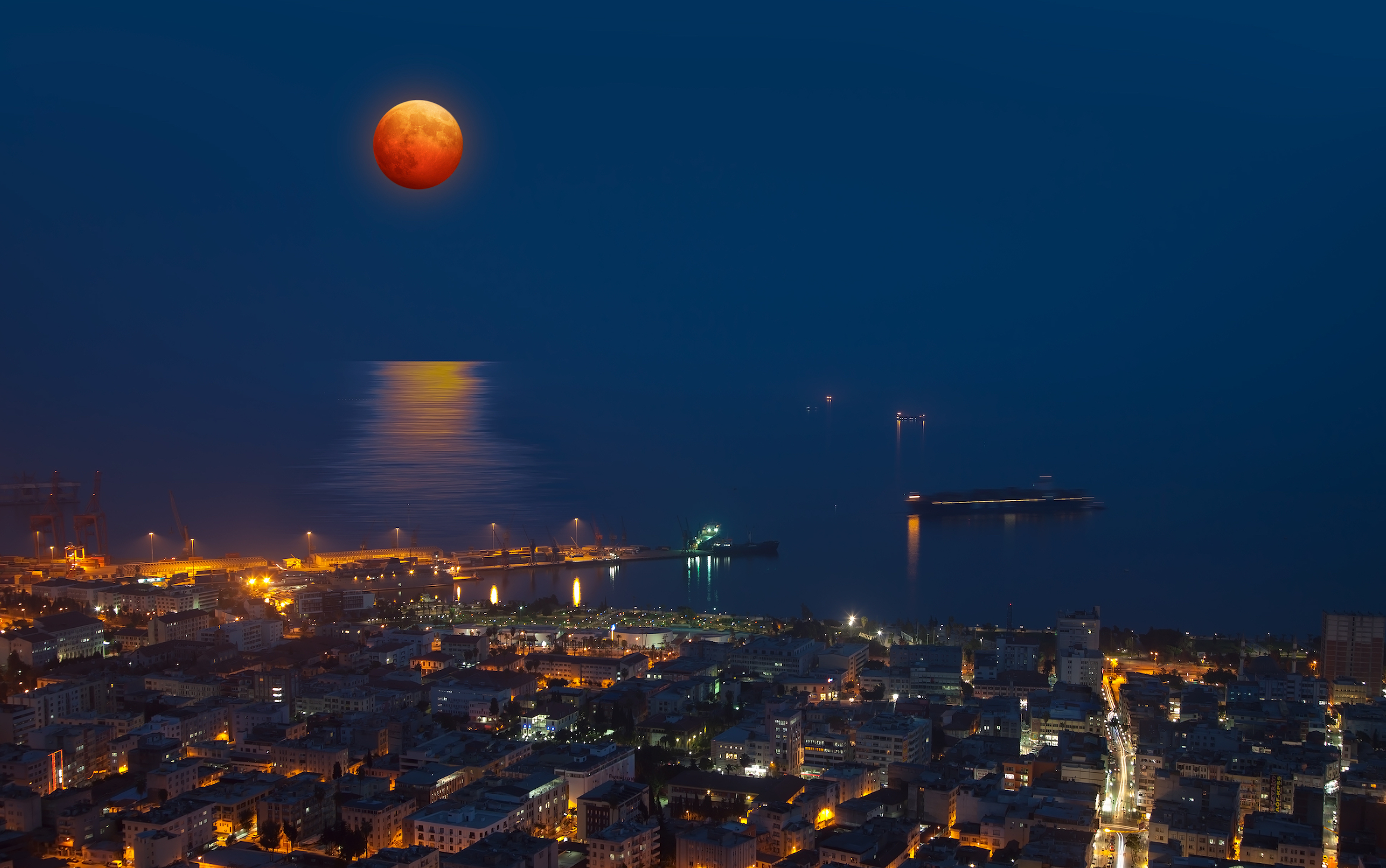
Meteor showers, full moons, and a lunar eclipse this month
NASA recently released it’s “What’s Up” skies report for January 2018, a short podcast hosted by Jane Houston Jones from NASA’s Jet Propulsion Laboratory (JPL) in Pasadena, California.
According to the report, January’s New Year’s Supermoon made viewing meteor showers nearly impossible, but a total lunar eclipse is slated to occur at the end of the month.
The annual Quadrantid meteor shower originating the in the constellation Bootes (which was once the Quadrans Muralis constellation) peaked Wednesday night going into Thursday morning. But the bright, nearly full moon impeded stargazers from getting a good look at the shooting stars.
The Washington Post described the meteor shower as a “washout” due to the super moon that was still waning in the sky after New Years Day.
For fans of meteor showers, The International Meteor Organization recently released its 2018 Meteor Shower Calendar that lists the dates, times and optimal ways to view the different meteor showers that will light up the night skies of the new year.
Jones has a tip for meteor shower viewers who want to know more about the constellation of origin for the meteors you see. You can use a shoestring to follow the path of the meteor back to the constellation it radiated from.
In other 2018 sky forecasts, for a short time before sunrise on the morning of January 6th, Jupiter and Mars can be viewed paired extremely close together, but you have to make sure you time it right as the two planets will be visible 45 minutes before sunrise.
Lastly, a total lunar eclipse will occur on January 31st.
People living in the western United States, Alaska, and Hawaii will have the best chance of viewing the event, called a Blue Moon lunar eclipse because it’s the second full moon in one month.
You’ve heard the phrase, “once in a blue moon.” Well for many lucky US and Canada residents, they’ll get to experience the phenomenon at the end of January.
A meteor shower and a supermoon have graced the skies this month, and a total lunar eclipse is set to close out January, for stargazers and fans of astronomy, this month has been a jam-packed start to the year.
—
By Kay Vandette, Earth.com Staff Writer













